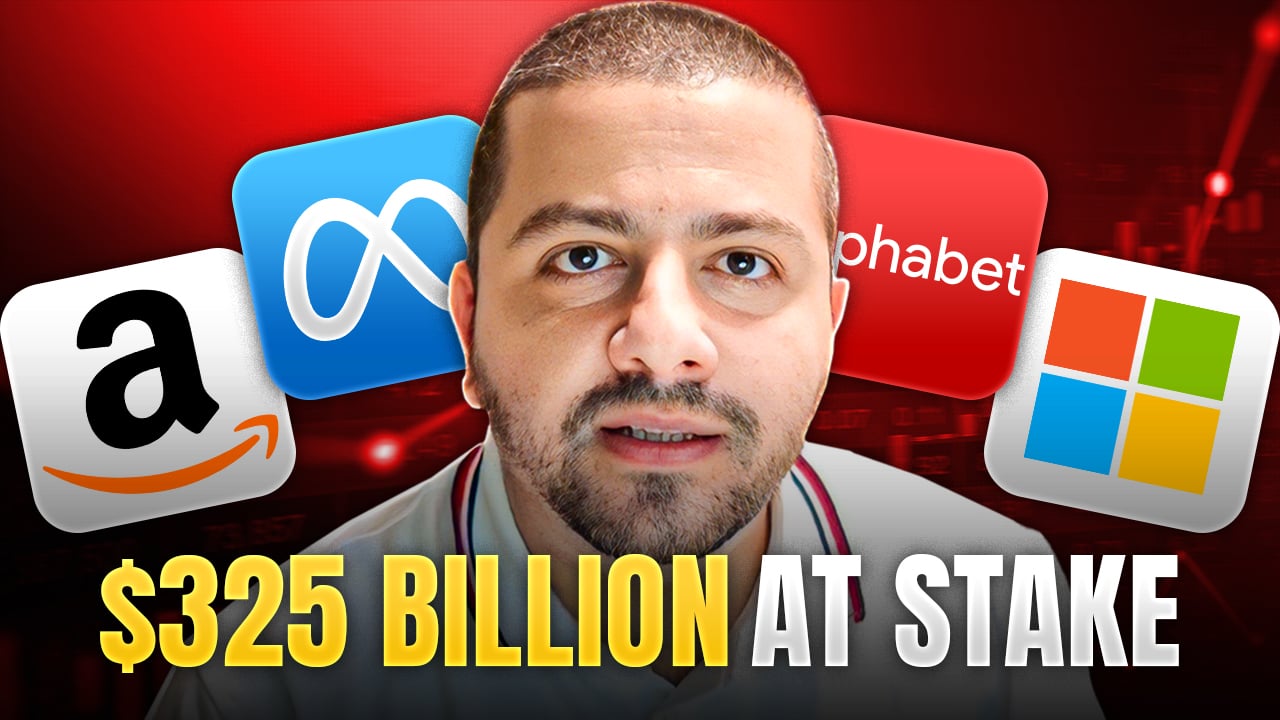This article was updated on Dec. 18, 2016.
One thing that many investors look for in a winning stock is whether a company has chosen to do a stock split. Even though a split has no economic impact on the value of a company, investors see it as a sign of strong future prospects.
Until now, Facebook (FB 0.85%) hasn't been able to muster a stock split history, and immediately after its initial public offering, its shares lost a substantial amount of ground before bouncing back. However, Facebook's recovery has been convincing to long-term investors, and the social media giant has said that it now plans to do its first stock split in the near future. The nature of that split will involve some unusual attributes that make it different from what investors are used to seeing.

Facebook will have a few more friends after its coming split. Image source: Facebook.
Facebook's history of stock splits
Facebook shareholders in 2016 approved Facebook's first stock split, agreeing to allow the social media company to issue 5.7 billion shares of its newly created Class C stock. Here is the date on which shareholders approved the split and the split ratio for Facebook's stock split:
|
Date Split Was Approved |
Split Ratio |
|---|---|
|
June 20, 2016 |
3 for 1 |
Data source: Facebook investor relations.
One thing investors need to understand, though, is that Facebook's stock split won't simply involve having three times as many shares as they have now. Shareholders can expect the share price of their existing holdings in Facebook's Class A stock to drop by two-thirds. Rather than getting three times as many Class A shares to compensate for the share-price decline, investors will instead get two shares of the new Class C shares. Those insiders who own Class B shares of Facebook will also get two shares of Class C stock for every Class B share they own.
Why Facebook is doing a complicated stock split
What Facebook is billing as a stock split is also an opportunity to make a move toward retaining long-term control in the hands of its current management team. The Class C shares that investors will receive in the stock split don't have any voting rights, and so the split will create a market in these non-voting shares. Class A shares will still exist, and so investors will be able to see what premium the stock market puts on the single vote that each Class A share has.
The real winners, however, are the Class B shareholders. Each of their Class B shares gets 10 votes, allowing holders like CEO Mark Zuckerberg to retain their voting power over the company. Once the split is complete, Zuckerberg and his peers will have two times as many Class C shares as they have Class B shares, and they'll be able to use those shares to raise cash through sales or for other purposes. In particular, most analysts expect Zuckerberg to use the non-voting Class C shares to make good on his pledge to give away the vast majority of his holdings to charity without having an impact on the voting power of his holdings.
Should investors be excited about Facebook's split?
After the split, Facebook will join a number of companies that have adopted multiple share classes that include both voting and non-voting shares. The peers that have already made moves like Facebook's have seen some differences in value between the class of stock that has voting power and the class of stock that doesn't. Interestingly, though, those premiums for voting shares exist despite the fact that the votes that investors have typically aren't close to enough to wield any degree of control over the company's affairs. The same will be true of Facebook.
Nothing about Facebook's split should affect the company's business prospects. In fact, by locking in current management, Facebook can expect to stay on course with its current business plan for the foreseeable future. As long as the stock continues to perform as well as it has over the past couple of years, few shareholders are going to begrudge Zuckerberg and his team the chance to keep their grip on Facebook's reins for years to come.
One question that has come up is why Facebook hasn't moved forward with its split so far. Shortly after announcing its plans, Facebook faced a shareholder lawsuit alleging that the split wouldn't be in the best interest of its investors. Although a shareholder vote approved the split, concerns have arisen that Zuckerberg and Marc Andreessen, who sits as a director on Facebook's board, might have colluded in a manner that investors believe represented a conflict of interest. Until the court case is resolved, Facebook will likely wait before going forward with the split.
Facebook's history hasn't had a stock split, so if the company successfully navigates its legal issues, the coming creation of Class C Facebook shares will be unprecedented for the company. By taking steps now to create non-voting shares, the current controlling shareholders can remain assured of keeping their positions well into the future for as long as they choose to keep control.






